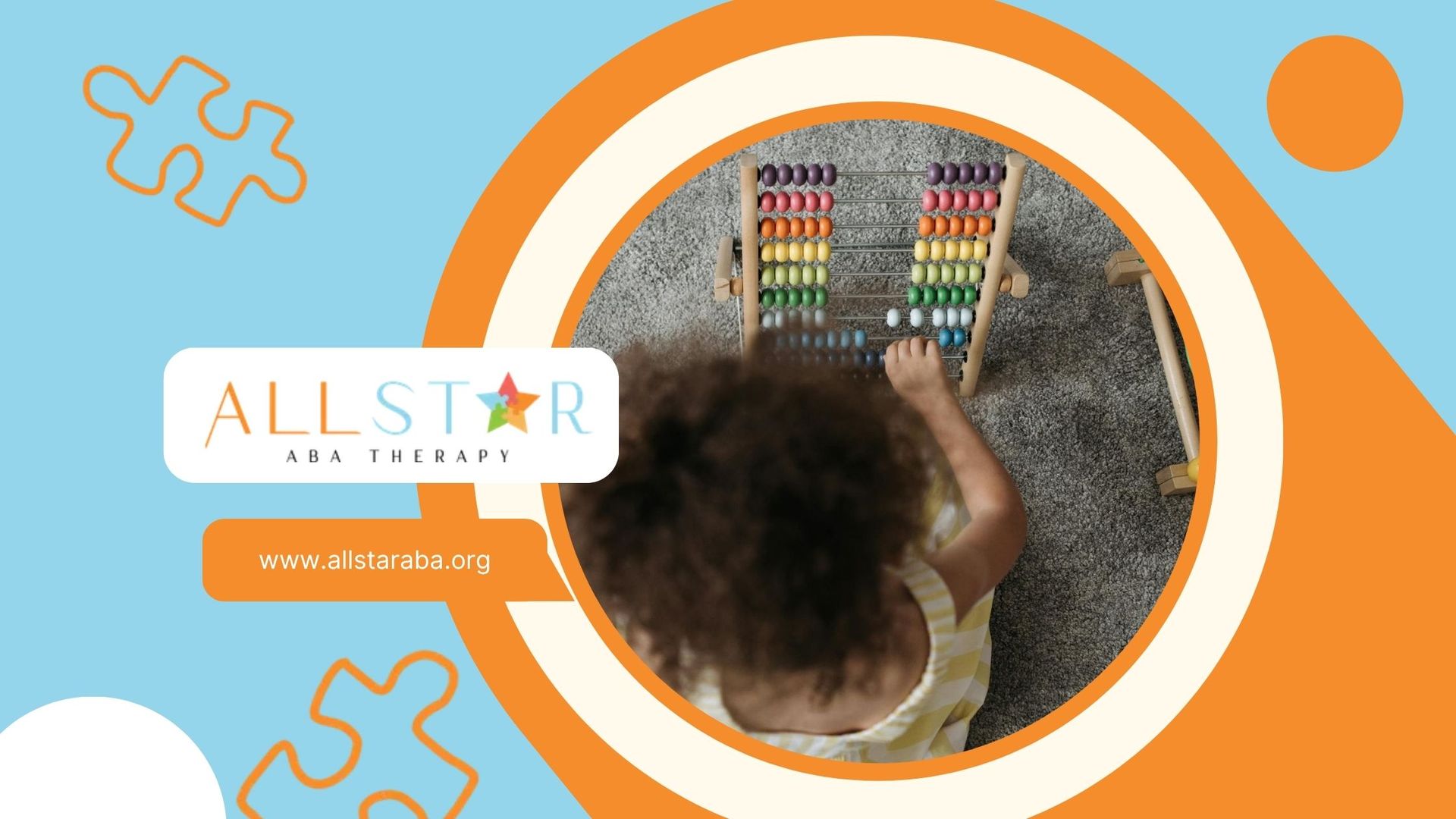New Paragraph
Therapeutic Journal Prompts for Autistic Adults
The journey to creativity and self-discovery doesn't have to be daunting. Journaling is a gentle and effective way for autistic adults to connect with their thoughts and emotions. With the right prompts, you can explore your inner world, enhance your self-expression, and uncover personal insights that might otherwise remain hidden.
Whether you're looking to manage stress, celebrate successes, or simply make sense of daily experiences, therapeutic journaling can become a powerful ally in your self-growth journey. This article offers prompts tailored to autistic adults, helping you discover the transformative potential of putting pen to paper.
Understanding the Power of Journaling for Autistic Adults
Journaling is a powerful tool for self-expression and reflection, and it can be particularly beneficial for autistic adults. Regular journaling offers a structured way to process thoughts and emotions, which can sometimes feel overwhelming. It provides a safe and private space to explore feelings, work through challenges, and celebrate successes.
The benefits of journaling extend far beyond simply putting thoughts on paper. It can help enhance self-awareness, improve emotional regulation, and reduce stress and anxiety. By engaging in regular journaling, autistic adults can develop coping mechanisms and gain a deeper understanding of themselves and their experiences.
The Role of Journaling in Emotional Regulation
For some autistic adults, emotional regulation can be a significant challenge. Sensory sensitivities, social situations, and changes in routine can trigger intense emotions. Journaling serves as a comfortable space to process these feelings privately and constructively.
Here's how journaling can help with emotional regulation:
- Identification and Validation: Writing down emotions helps you become more aware of them, acknowledging and validating your feelings.
- Processing and Reflection: Journaling allows you to process emotions at your own pace, reflecting on triggers, responses, and coping mechanisms.
- Developing Strategies: As you journal consistently, you may begin to identify patterns and develop personalized strategies for managing challenging emotions.
By providing a safe and structured outlet for emotional expression, journaling becomes a valuable tool for autistic adults to better understand and navigate their emotional landscape.
Enhancing Self-Understanding Through Journaling
Journaling helps illuminate the intricate facets of your personality, values, and aspirations. It provides a structured way to explore your thoughts and feelings, leading to profound self-understanding and personal growth. Through the act of writing, you may uncover hidden strengths, recognize areas for improvement, and gain clarity on your goals.
When you journal, you engage in a dialogue with yourself. This internal conversation fosters self-reflection, encourages self-acceptance, and promotes a sense of agency. As you document your experiences and perspectives, you develop a stronger sense of who you are and what truly matters to you.
By embracing journaling as a tool for self-discovery, autistic adults can foster a deeper understanding of themselves and navigate life's complexities with greater confidence and resilience.
Getting Started with Journaling: Tips and Strategies
Getting started with journaling is easier than you may think. There are no strict rules or right or wrong ways to do it. The most important aspect is finding a comfortable space and allowing yourself to write freely and authentically. Journal prompts can be incredibly helpful, providing a starting point for your writing and sparking inspiration.
Choosing the Right Journaling Tools
Selecting the right journaling tools can enhance your experience and make it more enjoyable and effective. The beauty of journaling is that it can be personalized to your preferences.
Some people find solace in the traditional pen-and-paper method, relishing the tactile sensation of writing. Others prefer the convenience and accessibility of digital apps, where they can easily organize and store their entries.
Digital apps can offer additional features such as:
- Password protection: Safeguarding your privacy and ensuring the security of your thoughts.
- Reminders and notifications: Helping you establish a consistent routine.
- Customization options: Choosing fonts, colors, and templates that resonate with your preferences.
Ultimately, the best journaling tool is the one that feels most comfortable and inspiring to you. Choose the option that encourages you to return to your journaling practice regularly and make it a valuable tool for self-expression.
Establishing a Journaling Routine That Works
Establishing a consistent journaling routine can maximize the benefits you experience. Routines provide structure and predictability, which can be particularly helpful for autistic individuals. When you integrate journaling into your daily or weekly schedule, it becomes a dedicated time for self-reflection and personal growth.
Choose a time and place where you can journal without distractions. It could be first thing in the morning, during your lunch break, or right before bed. Create a supportive environment by dimming the lights, playing calming music, or using noise-canceling headphones.
Remember, consistency is key. Even if you only have a few minutes to spare, make an effort to journal regularly. The more you engage with your journal, the more natural and beneficial the practice will become.
Deep Dive into Self-Reflection Prompts
Self-reflection prompts encourage you to explore your thoughts, feelings, and experiences in a structured and meaningful way. These prompts can help you uncover patterns in your behavior, recognize triggers for specific emotions, and develop strategies for navigating challenges on the autism spectrum.
Exploring Personal Strengths and Challenges
Understanding your personal strengths and challenges is essential for personal growth and self-acceptance. Often, individuals focus solely on areas for improvement, neglecting their unique skills and talents. Journaling can help you acknowledge and celebrate your strengths while also identifying challenges you'd like to address.
Here are some journal prompts to guide your reflection:
- What are three things you excel at? How do these strengths benefit you in your daily life?
- What are some challenges you face related to your autism? How do these challenges impact your daily experiences?
- What are some strategies you can implement to overcome these challenges and utilize your strengths to your advantage?
By acknowledging both your strengths and challenges, you cultivate a balanced and compassionate understanding of yourself. Remember, autism is just one facet of who you are. Embrace the complexities and celebrate your unique abilities.
Reflecting on Daily Achievements and Setbacks
It’s easy to overlook our accomplishments and dwell on our setbacks. Journaling offers a space to acknowledge and celebrate even the smallest victories while also processing disappointments and learning from mistakes. By reflecting on daily achievements and setbacks, we gain valuable insights into our progress and identify areas for growth.
Consider these journal prompts:
- What is one thing you accomplished today that you're proud of, no matter how small?
- Did you encounter any setbacks today? What did you learn from this experience, and how can you approach similar situations in the future?
- How can you celebrate your achievements and practice self-compassion when facing setbacks?
Remember, every day presents new opportunities for learning and growth. Approach each journal entry with a sense of curiosity and kindness, recognizing that setbacks are not failures but rather stepping stones on your journey.
Creative Expression Through Journal Prompts
Journaling isn't just about processing emotions and reflecting on experiences; it can also be a powerful avenue for creative expression. By engaging with prompts that spark your imagination, you can tap into your creativity and explore new ways of expressing yourself. Let your thoughts flow freely and embrace the joy of storytelling.
Using Imagination to Envision Future Goals
Imagination is a powerful tool for setting and achieving goals. When you envision your aspirations in vivid detail, you create a roadmap for your future and ignite the motivation to pursue your dreams. Journaling provides a space to explore your goals and develop actionable steps to bring them to fruition.
Consider these prompts:
- What does your ideal day look like? Describe it from the moment you wake up to the time you go to sleep.
- If you could achieve anything in life, what would it be? Don't limit yourself; let your imagination soar!
- What are some small steps you can take today to move closer to your goals?
Remember, goals are not set in stone. They can evolve and transform as you grow and learn. The important thing is to have a clear vision for your future and a plan to make your aspirations a reality.
Crafting Stories to Understand Personal Experiences
Sometimes, the best way to process complex emotions and experiences is through storytelling. By transforming personal events into fictional narratives, you can gain a fresh perspective and explore different facets of your experience. Don't worry about creating a literary masterpiece; simply allow the story to unfold naturally.
Here's a prompt to inspire you:
- Think about a recent experience that evoked strong emotions. Now, try to write a short story based on that event, using fictional characters and settings.
As you craft your story, pay attention to the emotions, thoughts, and motivations of your characters. You may uncover hidden meanings or gain a new understanding of your own actions and reactions.
Conclusion
In conclusion, therapeutic journal prompts offer a powerful tool for autistic adults to enhance emotional regulation and self-understanding. By engaging in journaling, individuals can explore personal strengths, challenges, and creatively express their thoughts and experiences. Establishing a journaling routine tailored to personal preferences is key to reaping the benefits of this practice.
Through self-reflection prompts and creative storytelling, autistic adults can unlock a deeper understanding of themselves and envision future goals. Embracing journaling as a form of self-expression can lead to personal growth and improved well-being. Start your journaling journey today and discover the transformative power it holds for your mental health and self-awareness.
Frequently Asked Questions
How does journaling benefit autistic adults in their daily lives?
Journaling empowers autistic adults to navigate daily life with greater self-awareness and confidence. It encourages emotional regulation, improves self-understanding, and fosters better communication skills for enhanced social interactions.
Are there specific journaling techniques that are more effective for autistic individuals?
The most effective journaling techniques for autistic individuals are those that provide structure and comfort. Utilizing prompts, bullet points, or visual aids can be particularly helpful. Remember, journaling should be tailored to individual preferences and needs.
Can journaling improve communication skills for autistic adults?
While not a substitute for professional therapy or support, journaling can indirectly enhance communication skills for autistic adults. It fosters self-awareness, encourages personal growth, and provides a safe space to practice expressive abilities.
Need Support?
We're Here to Help!
Our experienced team is ready to assist you. Reach out today to discuss how we can support your child's development and well-being.
Get started with expert ABA therapy today.








